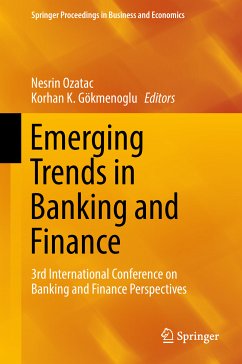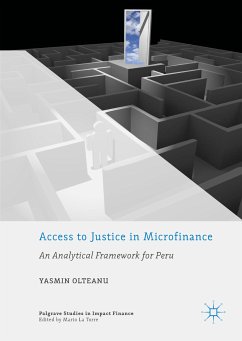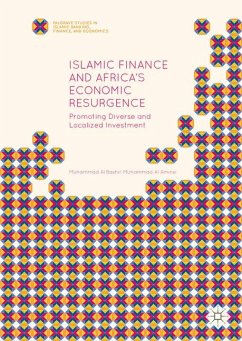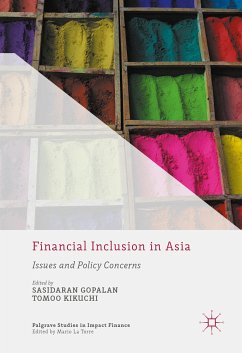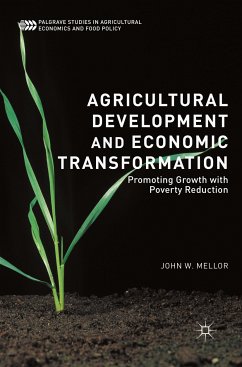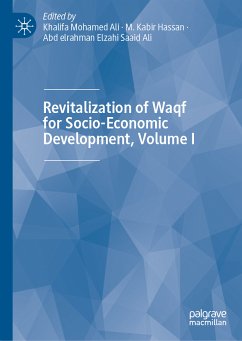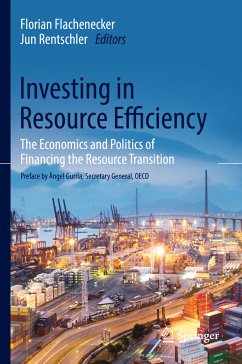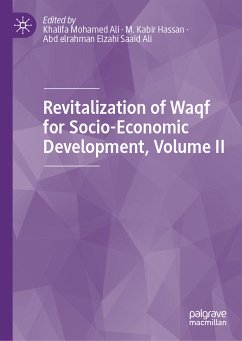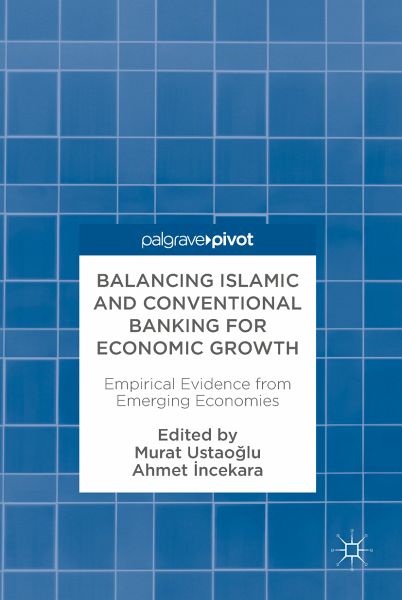
Balancing Islamic and Conventional Banking for Economic Growth (eBook, PDF)
Empirical Evidence from Emerging Economies
Redaktion: Ustaoglu, Murat; Incekara, Ahmet
Versandkostenfrei!
Sofort per Download lieferbar
44,95 €
inkl. MwSt.
Weitere Ausgaben:

PAYBACK Punkte
22 °P sammeln!
This Palgrave Pivot empirically analyzes the role of conventional and interest-free Islamic banking in the growth process of developing Islamic nations. After explaining the theoretical background of this dual banking system structure, the book then empirically analyzes growth in a variety of sectors - such as agriculture, manufacturing, and tourism - in the predominantly Muslim countries of Turkey, Malaysia, Indonesia, and Qatar. Finally, the book concludes with a detailed comparison of policy efficiency surrounding the dual bank structure, providing advice from more successful countries that...
This Palgrave Pivot empirically analyzes the role of conventional and interest-free Islamic banking in the growth process of developing Islamic nations. After explaining the theoretical background of this dual banking system structure, the book then empirically analyzes growth in a variety of sectors - such as agriculture, manufacturing, and tourism - in the predominantly Muslim countries of Turkey, Malaysia, Indonesia, and Qatar. Finally, the book concludes with a detailed comparison of policy efficiency surrounding the dual bank structure, providing advice from more successful countries that can be applied to those still struggling to find a balance.
Dieser Download kann aus rechtlichen Gründen nur mit Rechnungsadresse in A, B, BG, CY, CZ, D, DK, EW, E, FIN, F, GR, HR, H, IRL, I, LT, L, LR, M, NL, PL, P, R, S, SLO, SK ausgeliefert werden.



